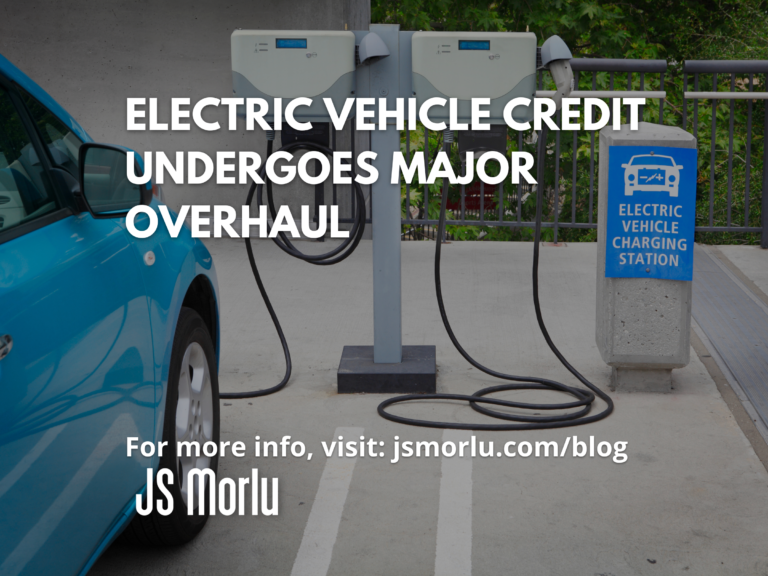The electric vehicle (EV) revolution is picking up speed, fueled by both environmental concerns and the recent passage of the Inflation Reduction Act of 2022. This landmark legislation has significantly reshaped the landscape of the electric vehicle credit, introducing exciting changes and new considerations for potential EV buyers.
Understanding the Transition
Before delving into the new rules, it’s important to remember the transition period. Vehicles purchased after August 15, 2022, must meet the final assembly in North America requirement to qualify for the current credit. This means the vehicle must be manufactured at a North American plant. The U.S. Department of Energy maintains a list of vehicles that likely meet this requirement.
However, if you purchased or entered a binding contract for a new EV between January 1 and August 15, 2022, you’re in luck! You can choose to use the pre-Inflation Reduction Act credit rules, avoiding the final assembly requirement and other new stipulations.
The New Era of Electric Vehicle Credits
From January 1, 2023, onwards, the electric vehicle credit undergoes significant transformations. Here are the key changes to keep in mind:
- Critical Minerals and Battery Components: To incentivize domestic sourcing, the law mandates critical minerals and battery components used in qualifying EVs to be from North America. This requirement is phased in through 2029, allowing manufacturers time to adjust.
- Income Limits: The credit becomes income-restricted. If your modified adjusted gross income (MAGI) for the current or preceding tax year exceeds certain thresholds (see table below), you won’t be eligible.

- Manufacturer’s Suggested Retail Price Limits: The credit applicability is now capped based on vehicle price. Vans, SUVs, and trucks must have a manufacturer’s suggested retail price (MSRP) under $80,000, while other vehicles must be under $55,000.
- New Battery Minimum: Qualifying EVs now need a minimum battery capacity of 7 kilowatt-hours (kWh), a bump from the previous 4 kWh requirement.
- Exciting Option: Transfer the Credit to the Dealer: A fantastic new feature allows you to transfer the credit directly to the dealer, reducing your purchase price at the point of sale. This flexibility removes the wait for tax season to reap the credit’s benefits.
Used EV Credit: The law introduces a credit for used EVs priced under $25,000, with limitations on MAGI and purchase price. However, details are still pending further guidance from the IRS.

Staying Up-to-Date
Navigating these changes can seem complex, but resources are available to help. The IRS website and the U.S. Department of Energy’s list of qualifying vehicles are valuable tools. Remember, if you have questions, don’t hesitate to consult with a tax professional.
Conclusion
The electric vehicle credit has evolved significantly, but its goal remains the same: to encourage EV adoption and accelerate the transition to a cleaner future. While the new rules introduce stricter requirements and income limitations, they also offer greater flexibility and incentivize domestic manufacturing. As EV technology continues to advance and battery costs decline, we can expect the electric vehicle credit to play a crucial role in shaping the transportation landscape of tomorrow.
JS Morlu LLC is a top-tier accounting firm based in Woodbridge, Virginia, with a team of highly experienced and qualified CPAs and business advisors. We are dedicated to providing comprehensive accounting, tax, and business advisory services to clients throughout the Washington, D.C. Metro Area and the surrounding regions. With over a decade of experience, we have cultivated a deep understanding of our clients’ needs and aspirations. We recognize that our clients seek more than just value-added accounting services; they seek a trusted partner who can guide them towards achieving their business goals and personal financial well-being.
Talk to us || What our clients says about us


